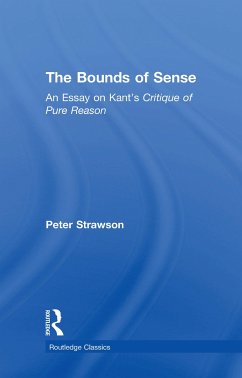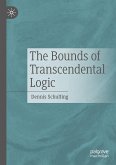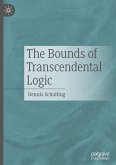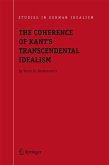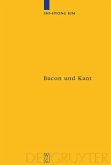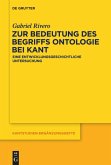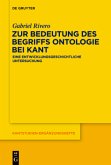The Bounds of Sense is one of the most influential books ever written about Kant's philosophy, and is one of the key philosophical works of the late Twentieth century. Whilst probably best known for its criticism of Kant's transcendental idealism, it is also famous for the highly original manner in which Strawson defended and developed some of Kant's fundamental insights into the nature of subjectivity, experience and knowledge - at a time when few philosphers were engaging with Kant's ideas.
'Strawson offers something which is to be found in very few books on this great philosopher: a discussion which is, on the one side, sympathetic, appreciative and well informed, without ever ceasing to be critical and independent on the other.'
Philosophical Books
' ... his reconstruction of Kant's central argument was not only exciting in its own day, but remains a paradigm and a challenge for anyone else attempting a reconstruction of Kant's impressive but enigmatic argument that is to be both philologically and philosophically persuasive.'
Paul Guyer, Journal of the History of Philosophy
'What is most impressive of all ... is Strawson's ability to hold small points within the setting of the overall picture, moving from one scale to the other and back again without breathlessness. He has made himself at home in the Kantian intellectual world, and has learned to move easily and naturally in it, yet familiarity has not dulled the sharpness of his perception of what has to be rejected.'
Philosophical Review
'The title itself is a roguish stroke of genius.'
Mind
Philosophical Books
' ... his reconstruction of Kant's central argument was not only exciting in its own day, but remains a paradigm and a challenge for anyone else attempting a reconstruction of Kant's impressive but enigmatic argument that is to be both philologically and philosophically persuasive.'
Paul Guyer, Journal of the History of Philosophy
'What is most impressive of all ... is Strawson's ability to hold small points within the setting of the overall picture, moving from one scale to the other and back again without breathlessness. He has made himself at home in the Kantian intellectual world, and has learned to move easily and naturally in it, yet familiarity has not dulled the sharpness of his perception of what has to be rejected.'
Philosophical Review
'The title itself is a roguish stroke of genius.'
Mind

